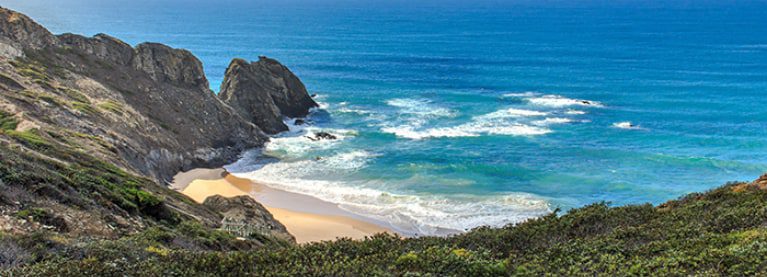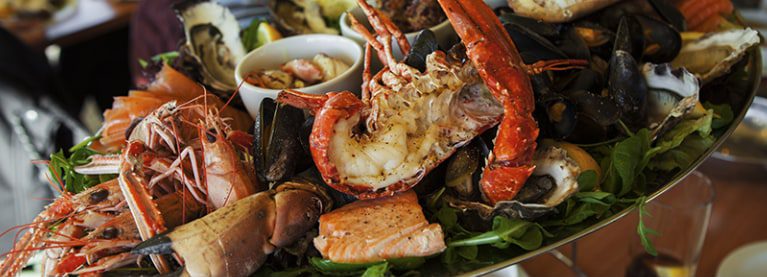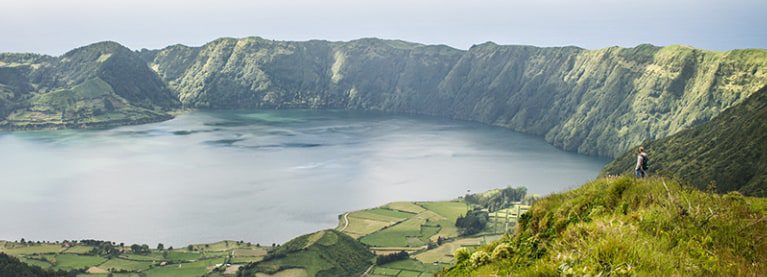Airports
Portugal has about 10 airports on its territory (including Madeira and the Azores), 4 of which are international. The main international airports are therefore Lisbon-Portela, Porto Airport and Faro Airport.
In addition, 5 low-cost airlines each serve one or more of them. In 2018 there were more than 50 million passengers.
The road
The road network is in good condition and traffic is perfectly good throughout the country.
Speed limits are the following: 120 km/h on motorways, 100 km/h on main roads (symbolized IP or IC), 90 km/h on conventional national roads and 50 km/h in cities and towns. There is a charge for motorways.
The train (comboio)
Most people take the train to travel around Lisbon or to connect the capital to Coimbra-Guarda, Porto or Faro. There are several categories of trains: Intercidades (the fastest), Regionais/Urbano (Regional), which constitute the most extensive network, and Inter-Regionais (omnibus). There is also the Alfa Pendular, Portugal’s TGV, which links the far south (Faro) to the far north (Braga) via Lisbon, Coimbra and Porto (among other cities).
The bus (autocarro)
Portugal has a bus network served by large comfortable coaches. Rede Expressos (by far the most widespread) operates direct connections between major cities. There is even wifi on board many buses! (For links between Portuguese cities: www.transpor.pt.)
Car rental
Car rental is the ideal solution for those who value their freedom. We will be able to advise you to benefit from the best rates and avoid any unpleasant surprises.
Subway in Portugal
The subway is present in some Portuguese cities such as Lisbon and Porto. It is a reliable and fast way to visit the country’s major cities from one end of the other.
Tramways and funiculars
Portugal also has a large network of tramways and emblematic funiculars that allow you to travel around the city.









